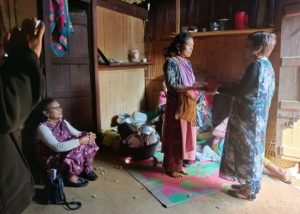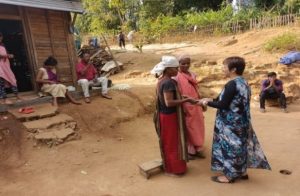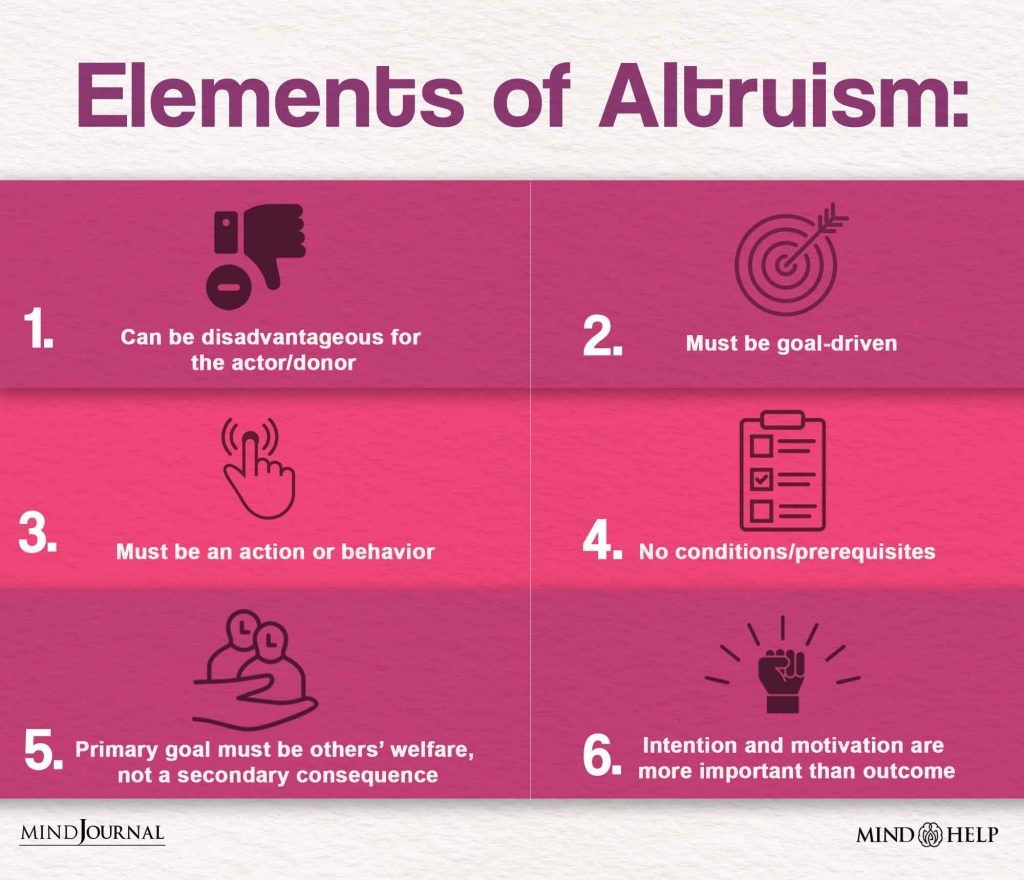As approved by the Board of Governors in its meeting held on the 17 April 2023 the following Position Statement on Social Activism has been resolved to be adopted:
“We stood with pen and paper on the banks of a river filled with blood,” he said, “and chose not to see the pristine water had turned red.”
-Rehman Rahi, Kashmiri poet, Padma Shri (2000), Jnanpith Award (2007)
It may not be possible to speak, what can we do?
It may not be possible to bear burdens of the heart, what can we do?
The flower may refuse to blossom but does it have the right?
There is a fire burning in its bosom, what can we do?
-Rehman Rahi
“True peace is not merely the absence of tension; it is the presence of justice.”
– Martin Luther King, Jr.
Outline
- Introduction and definitions
- Social Justice, Advocacy and Activism: text of the retreat presentation
- Should university staff and students be social activists?
- Courses in social activism
- Writing in the general media
- Recommendations
Introduction
Academicians use a lot of words, day in and day out, academic year after academic year. Words, oral spoken or written in black and white are our currency. Perhaps the only professions that use words, maybe almost as much are politicians and preachers. But politicians supposedly also have to govern, and preachers have to practice what they preach. So, they also ‘do’.
Of course, academicians also ‘do’ certain things like research, and experiential learning. But research is done to publish articles, and experiential learning ends up in assignments and presentations. So, we end up with even more words. More than politicians or preachers.
Can we move beyond words?
What is social activism? The Activist Handbook provides several definitions, finally ending with its own:
- Activism is action on behalf of a cause, action that goes beyond what is conventional or routine. Brian Martin, creator of the website Activism
- My definition of activism is… the practice of addressing an issue, any issue, by challenging those in power. Anjali Appadurai, climate activist
- For us, activism means collective efforts to create change from the grassroots. Activist Handbook
- We want to help redefine ‘activist’ to a term that can include anyone who wants to work collectively to create social change. Activist Handbook
Social Justice, Advocacy and Activism
In her presentation at the Retreat on Aug 2, 2022, titled, “Social Justice, Advocacy and Activism”, Patricia Mukhim challenged MLCU with some probing questions. This section provides the text of her talk.
What is advocacy? Advocacy means taking action to create change. Advocates organise themselves to take steps to tackle an issue. They help to give people ways to speak out about things that negatively affect them. Advocacy has been described as “speaking truth to power”.
Advocacy includes many different types of activities. It can mean researching new solutions, creating coalitions of like-minded people, public campaigning to raise awareness and much more. The aim of advocacy is to create change.
Their world uses all aspects of advocacy to:
- Build evidence on what needs to change and how that change can happen
- Raise attention about important issues and give voice to those affected
- Influence those in power to provide leadership, take action and invest resources
- Create a positive change towards greater social justice and equality
What is activism? Simply put – take action to effect social change.
There are many creative ways and forms of activism but activists should consider the best strategies that will get maximum media coverage and get the government or any other authority to respond.
Activism in short is an attempt or a concern on ‘how to change the world through social, political, economic or environmental changes.’ This can be led by individuals but is often done collectively through social movements.
Social movements begin with university students and professors. Universities don’t just nourish the intellectual curiosity of society’s future generations, or instill a skill-set for various professions. They help inspire a passion for civic engagement and direct action among those who might have not yet had an opportunity to live a rich civic life. Without this robust university culture, democracies around the globe would lack an irreplaceable class of vanguards and leaders.
When we are restricted from free speech everywhere else the university should be the last bastion that supports free speech. A university with a strong moral compass cultivates an atmosphere where you can say the wrong thing, where you can confront authority, where you can challenge orthodoxy, and where you can question what no one has questioned before. The university creates a culture and society where the people can do the same, where the powerful and those who seek to abuse their power are never safe from judgment of the critical eyes of people who graduated college, who attended university, who learned liberal arts.
Universities, like many other institutions in our republic, rest on public support to function effectively. In exchange, we must demand that they serve the public interest. There is a strong relationship between higher education and the creation of a just society.
How informed and how enlightened and engaged are the MLCU students and faculty?
What are the inequalities that need to be addressed? Before attempting to create a just society we need to build a sense of justice. Stand with the underdog. So many wrong things happen on a daily basis.
Do MLCU faculty express their opinions? If you don’t have an opinion in a democracy, you don’t exist.
A university helps to sharpen the tools of analysis, evaluation and critical thought. Students and faculty should be encouraged to have “a questioning mind and to recognise the power of questioning”. University students become the civil society that a democracy needs.
Nearly every second day a judgment is pronounced by the High Court of Meghalaya on issues affecting citizens Are these judgments discussed in the classroom? Are students even aware of the importance of such judgements in creating a more equal society?
How long will it take for MLCU to become an empowering and an empowered university?
True, initially you struggled to survive and are tentative about standing up for yourselves when people have been critical of you…But now in your 16th year. How long can you be defensive?
Universities are often targets of autocrats, followed by the courts, media, competitive political parties, and independent professionalized bureaucracies. They all share the distinction of being bulwarks of liberal democracy. But that universities are first targets of autocrats, however, offers strong circumstantial evidence that these institutions are more engaged in the enterprise of building and fostering liberal democracy than is typically acknowledged.
What is social justice? It is fairness in healthcare, employment, housing, equal access to education…It is the opposite of discrimination. It exists more in a class-divided society than in more equal societies. It is not supposed to exist in tribal societies where everyone started out on the same footing.
But governance or the lack of it, or poor governance or corrupt governance, has brought us where we are today and we don’t seem to know how to tackle it because we are in denial that the society is today divided by class.
Social justice depends on four essential goals: human rights, access, participation, and equity. Social justice can’t be achieved without these four principles.
- Human rights
The connection between social justice and human rights has strengthened over the years. It is clear to activists and governments that one cannot exist without the other. When a society is just, it protects and respects everyone’s human rights. This connection is essential since human rights are recognized globally. Various steps help keep governments accountable. One of them is to use the Constitution and its clauses effectively.
- Access
Being able to access essentials like shelter, food, and education is crucial for a just society. If access is restricted based on factors like gender, race, or class then it leads to suffering for individuals, communities, and society as a whole. Social justice activists work to increase and restore access, giving everyone equal opportunities for a decent life.
- Participation
Social justice not possible if only some voices are heard. Unfortunately, that’s often what happens and the voices of the marginalized and vulnerable are silenced. Even when society tries to address problems, solutions won’t work if those most affected can’t participate in the process. Participation must be encouraged and rewarded so that everyone – especially those who haven’t had a chance before – can speak.
- Equity
Many people believe that “equality” is one of the principles of social justice, but it’s actually “equity.” What’s the difference?
Equity takes into account the effects of discrimination and aims for an equal outcome. There’s a graphic that demonstrates this well: three people trying to look over a fence to watch a football match. One of them is already tall and able to see – they represent the most privileged in society. The other can just barely see and the last person – the most vulnerable in society – can’t see at all.
“Equality” gives everyone one box to stand on, even though the tallest person doesn’t need it and it still doesn’t allow the shortest person to see. “Equity” doesn’t give the privileged person any boxes. Instead, the middle person gets one box and the last gets two. Now, everyone is at an equal level.
Pressing inequality issues
- Gender equality
Long way away…obstacles like the gender pay gap, weakening reproductive rights, and unequal education opportunities hold women back. Social justice activists consider gender equality, which affects other issues as one of the most important social justice issues of our time.
- LGBTQ+ rights
People in the LGBTQ+ community face high levels of violence and discrimination all over the world. Among other challenges, it affects their ability to find employment, shelter, healthcare, and safety. It’s more dangerous in some states than others, but even in the most progressive countries, social justice for the LGBTQ+ community is not well-established.
Social justice means everyone’s human rights are respected and protected. Everyone has equal opportunities. This doesn’t guarantee that society will be perfect and everyone will always be happy. But let us not be accused of apathy when we could do something. At least everyone will have a fighting chance at the life they want. They aren’t held back by things out of their control like systemic obstacles or discrimination.
There isn’t one clear framework for what successful social justice looks like in practice, but that’s why principles like participation are so important. As long as a nation values social justice and remains committed to equality, progress is possible.
Should university staff and students be social activists?
‘We suggest that academics move from publications to public actions and engage in advocacy and activism to affect urgent and transformational change. Such actions would strengthen a rich tradition of academic protest and enhance the contribution of universities to the public good in areas well beyond sustainability, for example, race and social justice, Black Lives Matter, decolonising education, and public health.” (Gardner et al, 2021, universities of Kent, Cardiff and Lausanne).
Universities should ”provide ongoing opportunities to practice activism, and teach students the everyday skills of being a good citizen.” (Kezar, 2010, U of Southern California).
“Students work hard to raise awareness and bring attention to a variety of social justice issues and colleges and universities, as powerful institutions, may suppress or encourage social justice and change. The university serves as a space where students come together to promote and work toward social justice.” (East & Webster, 2014, U of Tennessee).
University promoted social activism experiences are provided in some universities: “We promote diversity, inclusion and equity through educational, social, and service initiatives.” (Office of Social Justice & Activism, Otterbein University, USA, Church of the United Brethren in Christ, 1847, https://www.otterbein.edu/office-of-social-justice-and-activism/).
“For more than a century, Harvard University students have engaged in meaningful community service. Through coursework, volunteerism, community activism and pre-professional experiences, we offer multiple pathways for students to engage in public service. We work closely with a wide range of partners to ensure that our programs address critical community needs. By participating in our programs, Harvard students can make important contributions to social welfare and develop a strong sense of public purpose and commitment to civic good. (Center for Public Service and Engaged Scholarship https://publicservice.fas.harvard.edu/)
Forms and levels of social activism
- Inclusion of social activism in the curriculum
- Create awareness on campus and in the community through the media and community programs to
- Mobilise support
- Influence policy
- Bring about behaviour change in individuals and society
- Participating in social activism causes
- Marches, candlelight vigils, street plays, flash mobs, concerts
- Picketing, courting arrest
Courses in social activism
Many leading universities provide and promote course in social activism.
- The school believes in “integrating activism into their academic work and answer questions about how to be an activist from within an academic institution, challenges they’ve faced, and how their identities impact their activism.” Boston University School of Social Work.
- Social Justice and Activism (3 cr): Inst for Gender, Sex & Feminist Studies, McGill University, Canada. The course “Develops frameworks for understanding the relationships between critical knowledge production, activism, and social justice. Emphasis on activist strategies, social change initiatives, and their underlying theories and methodologies. Explores the emergence of social justice frameworks in response to ongoing histories of colonization, imperialism, and alternative world making.”
- Harvard University course in “Race, Gender, and Youth Activism in the Struggle for Justice.” This course investigates the role of youth activism in the fight against poverty and other social injustices…and to understand how activist youth can be harnessed in social movements targeted at economic, racial, and gender inequities.
Studies have shown that altruism and engaging in social activism helps to achieve personal growth and satisfaction. It lowers depression and anxiety, increases life expectancy, encourages social connectivity, and evokes feelings of gratitude in the giver. (Ballard & Ozer 2018, Dwyer et al 2019, Pogosyan 2018).
Writing in the media
Writing articles in the public media is not just as an outlet for academic expertise. It is a social responsibility, a higher calling for the intellectual. Those who claim to know more, must share more. So, it is also a moral responsibility. This role of MLCU faculty helps to fulfill the university motto, “The Light of Truth”.
The book The Public Intellectual in India edited by Romila Thapar (2015), sets out the case for the participation of academicians in the public space. In the chapter written by Sundar Sarukkai, “A public intellectual has to present her/himself first as a member of the public and then as an intellectual.” It is not that an academician is outside the public space and speaks for the good of the public from some pedestal.
Sarukkai goes a step further by saying, “doing and writing cannot be disjointed acts”. In the same book, Ronald deSouza says that intellectual capital must yield social dividends, and so public writing is the interface between academics and social activism. One must not hesitate to speak truth to power, while proffering arguments of the highest moral order.
Those in the social sciences have a higher responsibility because non-secular forces can manipulate the social sciences more than the pure or applied sciences.
 |  |
Recommendations
- Create curricula and provide courses for all students in
- Altruism and Social Activism
- Attitudinal and Behaviour Change
- Provide and promote social activism opportunities (student or faculty led) for all students including
- Volunteerism
- Public participation in street plays, silent marches, candlelight vigils
- Encourage and incentivize faculty participation in the public media (print, TV, social media)
- Include social activism as desired graduate attributes
- Include social activism learning and action in transcripts, personal profiles, and testimonials given to graduates
Set up an office for social activism projects
References
Gardner CJ, Thierry A, Rowlandson W and Steinberger JK (2021) From Publications to Public Actions: The Role of Universities in Facilitating Academic Advocacy and Activism in the Climate and Ecological Emergency. Front. Sustain. 2:679019. doi: 10.3389/frsus.2021.679019
Adrianna Kezar. Faculty and Staff Partnering with Student Activists: Unexplored Terrains of Interaction and Development (2010). Journal of College Student Development 51(5):451-480 DOI:10.1353/csd.2010.0001
East, E.A., Webster, J. (2014). Student Activism and the University: Resources, Challenges, and Opportunities. In: Shefner, J., Dahms, H.F., Jones, R.E., Jalata, A. (eds) Social Justice and the University. Palgrave Macmillan, London. https://doi.org/10.1057/9781137289384_16
